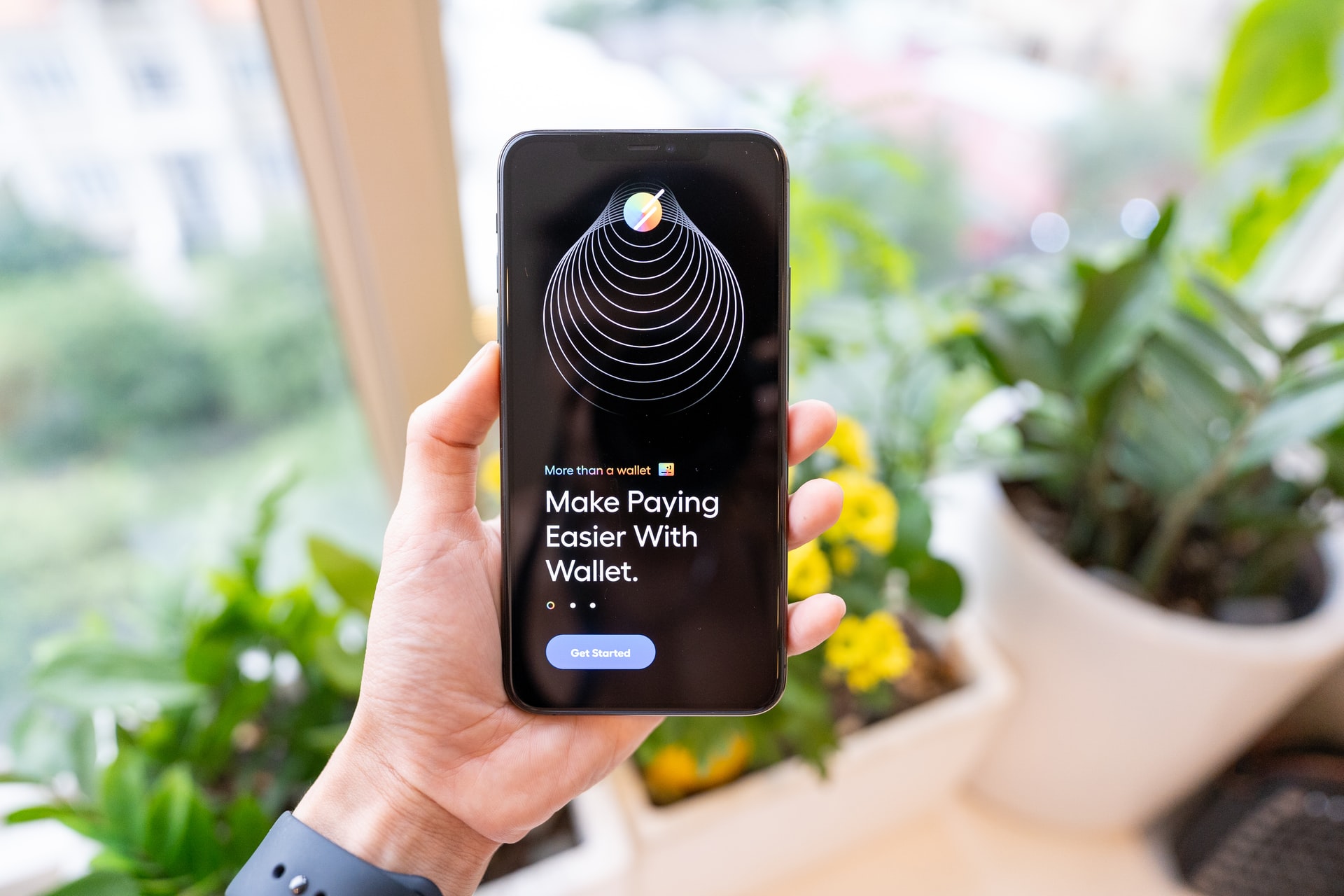
Choosing whether to build or acquire a mobile app is a tough decision for growing businesses. Every business is unique, as are their app requirements. There are numerous factors to consider, and each option has advantages and disadvantages. So, in this article, we’re going to look at the pros and cons of building versus buying to help you and your team come to a solid decision.
Building your own mobile app
Before weighing the benefits and drawbacks of developing an app, you’ll need to take into account whether you can afford an in-house IT team. If you already have a team, but they can’t take on this project for whatever reason, you can hire a third-party company that specializes in mobile app development.
Pros of building a mobile app
- Back-end integration: If you already have the infrastructure for your website in place, you can simply connect your mobile app to it. Everything from user accounts to payment systems, analytics, and databases can be used. Your data will be consistent across all platforms and presented in the same way.
- UX design and branding: Your users will expect to see your app in sync with your brand and to have a smooth experience using it, which is where UX design comes in. Building your own app from scratch gives you complete control in this aspect. And with proper UX design, you’ll tailor your app to the demands of your customers.
- Security: When you’re building an app from scratch, you simply have full control to make sure it’s a high-quality job – and that includes leaving no security gaps whatsoever. A well-built, fully secure app will always prove to be worth more if you ever need to value your app before selling further down the line.
Cons of building a mobile app
- Time: Getting to the MVP stage of your app will take at least 3-5 months up to a year. And that’s assuming you have a dedicated team working on it and everything goes according to plan.
- Cost: We can’t say exactly how much you’ll spend on this, as it depends on many factors. However, we can tell you that it will be expensive, especially if you require an app for both Google Play and the Apple store.
- Maintenance and testing: You’ll have to do rounds of testing for your mobile app after it has been developed. Anticipate at least a few bugs, which you’ll need to address as soon as possible. Once everything appears to be in order, you won’t be completely done – there’s maintenance to think about. It’s a good idea to decide who will be in charge of that upfront, as app maintenance is a continuous operation.
Buying a white-label mobile app
A white-label app is a mobile app created by companies or freelance developers to mimic the primary features of a market-leading app. It allows you to choose the features and properties you want. A white-label app has pre-built structures, architectures, and code that can be changed.
Pros of buying a mobile app
- Cost: It is unquestionably less expensive than starting from scratch – after all, you won’t be the only one using it, so it has to be cheaper.
- Time: You can also save a lot of time by using an app that has already been created. The only thing you need to do now is tailor it to your company’s requirements.
- Maintenance and testing: When it comes to testing, white-label mobile apps are typically tested by developers or organizations with several experts at each stage, as well as by customers. As for maintenance, in most cases, after you purchase a white-label app, you will get access to free unlimited maintenance support.
Cons of buying a mobile app
- Scalability and poor UX: Only a few functionalities are available in white-label apps, which might have a significant impact on your user experience. With these features, creating a personalized UX will be difficult. They also don’t leave much room for flexible scalability because they’re replicas of existing modules.
- Unwanted features: Because they’re based on existing modules, there’s a good chance you’ll end up with features you don’t want. You can probably remove them from the code, but just in case, it’s best to contact their customer support first.
- Security: The issue with white-label apps and security is that anyone can buy and familiarize themselves with code. This makes it more vulnerable to cyber-attacks and puts user privacy at risk. Even ransomware has been used to seize control of devices in the past.
In Closing
Essentially, building your own mobile app will be much more expensive, but it can prove to pay off manyfold in the future. If you’re not ready for that kind of investment or you simply don’t have the time, buying a white-label app might be the right solution for you at the moment.
Either way, if you’re going to buy a mobile app or enlist the help of a third party to build one, do your homework. Don’t take it lightly, and consider all of the factors that are crucial to your company.




